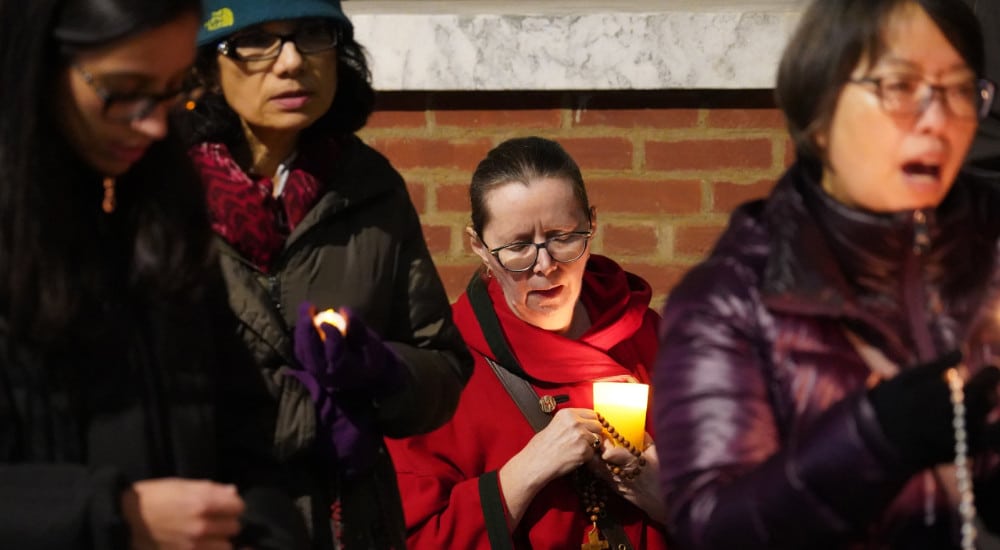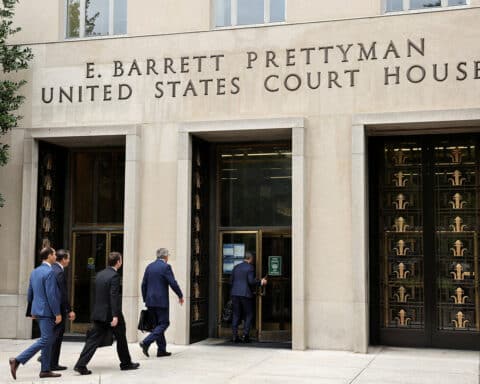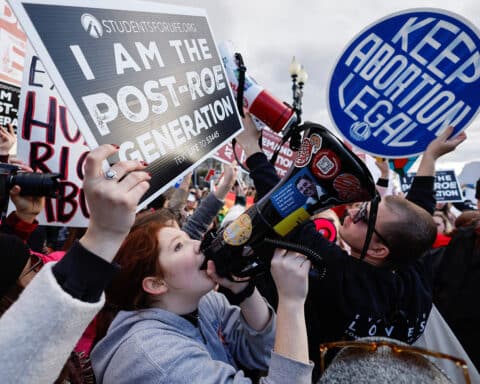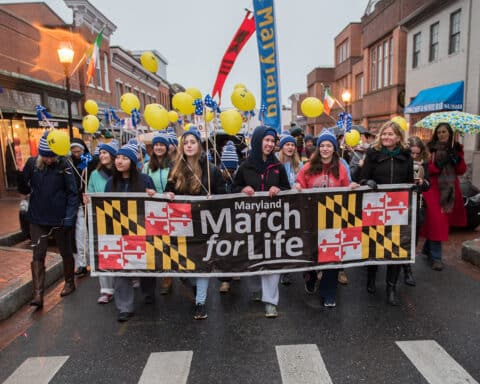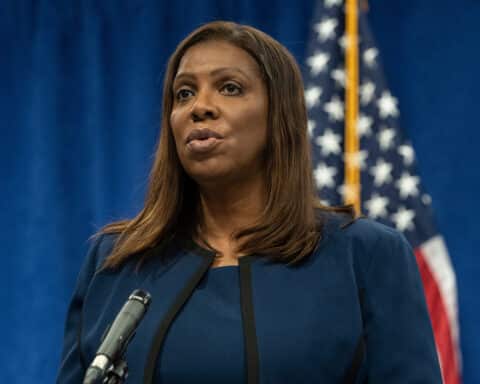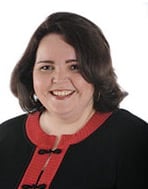
It was a bit chilling as far as I was concerned. And I can’t help but think that the majority of people who describe themselves as pro-choice would never consider themselves part of such a demonic display. That’s what gives me hope as we face the prospect of the end of Roe v. Wade. Most Americans who consider themselves pro-choice are not pro-abortion. They do not wake up on Saturday mornings and think to protest prayer as the performance artist Crackhead Barney and her friends did that Saturday and many others. They simply want to know that a woman in a difficult position has options when she is pregnant and alone.
That particular morning, we were going to process as usual to Planned Parenthood, less than a block away. The police asked that we not. They said unpredictable ANTIFA elements were in the crowd and they couldn’t assure our safety. As far as I could tell, there was nothing of the sort. And they didn’t realize there was a back door.
When I walked through the crowd, all I encountered were people who were hurt by a culture of death that lied to them about what was right and just. There was a dog with a pro-choice sign. There were many handwritten signs. I was reminded of the morning after Donald Trump’s presidential inauguration. On Fifth Avenue in New York City, there was a protest already calling for his impeachment before he had the chance to do anything. The handwritten signs that declared #sad suggested that if you woke up in America unhappy, you decided to protest the president.
Now that we have a leak from the Supreme Court, there has been another opportunity. Except, if we really think about it, we are only beginning to right the wrong of a nearly half-century of legal abortion during all three trimesters of pregnancy if Roe v. Wade is overturned in the current Mississippi abortion case before the Supreme Court.
When some of us went out the back door of the Basilica of St. Patrick’s Old Cathedral to pray outside of Planned Parenthood that Saturday morning, I watched as people in misery poured out their pain. Franciscan Father Fidelis Moscinski always is the sponge who absorbs the most of it.
They accuse him of all kinds of unspeakable things. And he receives them with only love. His life of prayer must prepare him for the assaults on his priesthood and his love for the Blessed Mother, which they demonically tease as useless.
The scene we encountered should be a nudge to all who look at this moment — the potential end of Roe v. Wade — and wonder what is next. What is next is what each one of us chooses to do. We need to step up to the plate in new ways. What do you do to help pregnant mothers in need? If a pregnant mom knocked on the door of your parish church, would anyone know anything helpful to tell her? Do you have the means? Can you open a maternity home in your community? We all have a role in building a culture of life.
Kathryn Jean Lopez is a senior fellow at the National Review Institute and editor-at-large of National Review.

